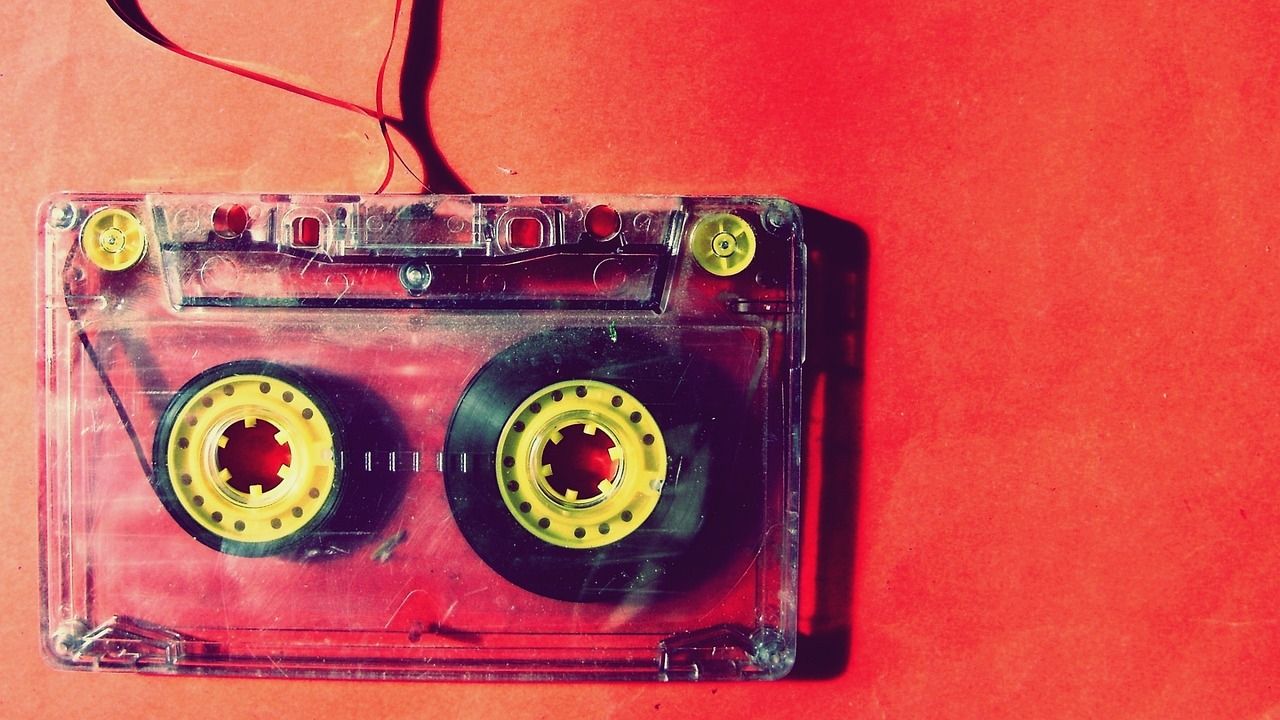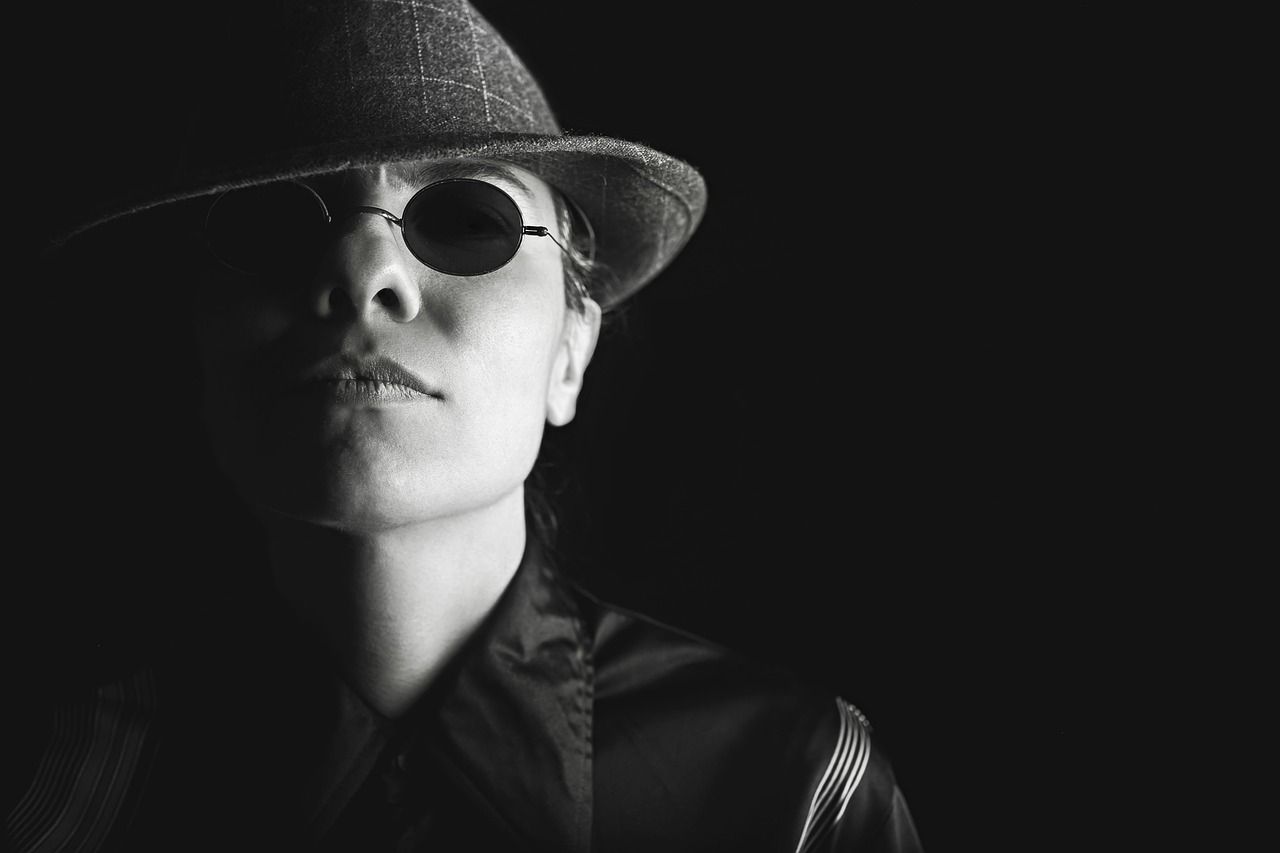The Kendrick Lamar and Drake feud has rapidly gone from a high-stakes lyrical showdown into a larger discussion about the integration of AI technology in music. This demonstrates a significant shift in the rap industry's dynamics. This face-off didn't just revive the age-old tradition of rap battles but also ventured into uncharted territories with the incorporation of artificial intelligence. In essence reshaping how conflicts are orchestrated and perceived in the digital era. As the feud unfolded, it unveiled not only some of the potent lyrical capabilities of the artists (mostly Kendrick Lamar) but also spotlighted the technological advances that are now at the fingertips of today's musicians. This ongoing saga between two of rap's titans is not only about lyrical prowess but also about how modern technology, specifically AI, is redefining the boundaries and ethics of musical creativity.
The Use & Impact of AI on the Kendrick-Drake Feud
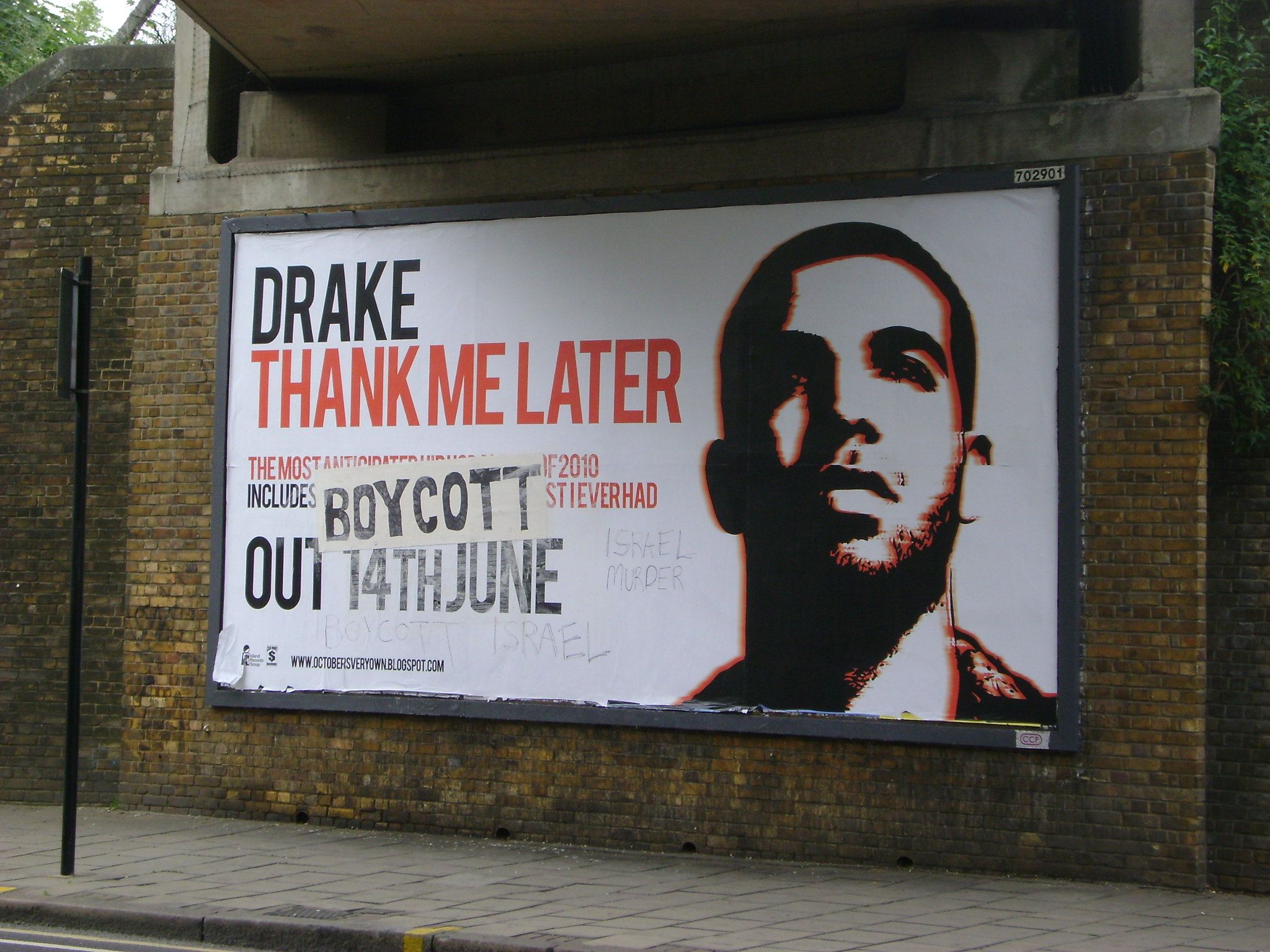
"Boycott Drake?" by sarflondondunc is licensed under CC BY-NC-ND 2.0.
Kendrick-Drake Feud and AI Involvement
The recent rap battle between Kendrick Lamar and Drake has not only captured the attention of the music industry but has also sparked significant interest due to its integration of artificial intelligence. This feud has escalated with the utilization of AI-generated content, marking a pivotal shift in the dynamics of musical confrontations. Drake's controversial use of AI to mimic voices of the iconic rappers Tupac and Snoop Dogg on the track "Taylor Made" has stirred both legal threats and a pertinent discussion about the role of technology in music. The rapid exchange of disses facilitated by technological advancements introduces a transformation in how artists engage in rap battles, with AI now playing an instrumental role. This development has led to immediate responses, real-time disses, and an unprecedented level of engagement across social media platforms, once again exposing the double-edged sword that AI represents in the creative realm.
Legal and Ethical Considerations in AI-Generated Content
The use of AI in music, particularly involving voices of deceased artists like Tupac, raises profound legal and ethical issues. The primary concern revolves around consent and the rights of artists, living or deceased, to control their artistic legacy. Drake's decision to use AI-generated voices without permission from Tupac's estate not only resulted in legal threats but also sparked a debate on the boundaries of creative freedom versus respect for artists' rights. This situation reveals a murky territory where the capabilities of AI technology clash with the moral and legal frameworks that are yet to catch up. It prompts a call for clear regulations to address the use of such technology, ensuring respect for artistic integrity while fostering innovation.
The Reaction of the Music Industry and Fans to AI in Rap Battles
The music industry's reaction to the integration of AI in rap battles has been mixed, with some artists and executives expressing intrigue and others voicing resistance. Fans, on the other hand, have engaged enthusiastically, participating in social media discussions, and even influencing the trajectory of the feud with their instantaneous reactions. This interplay between approval and critique emphasizes the transformative impact of AI on music consumption and fan interaction. As AI technology evolves, its acceptance in the creative processes of the music industry remains a polarizing issue.
Potential Benefits of AI in the Music Industry
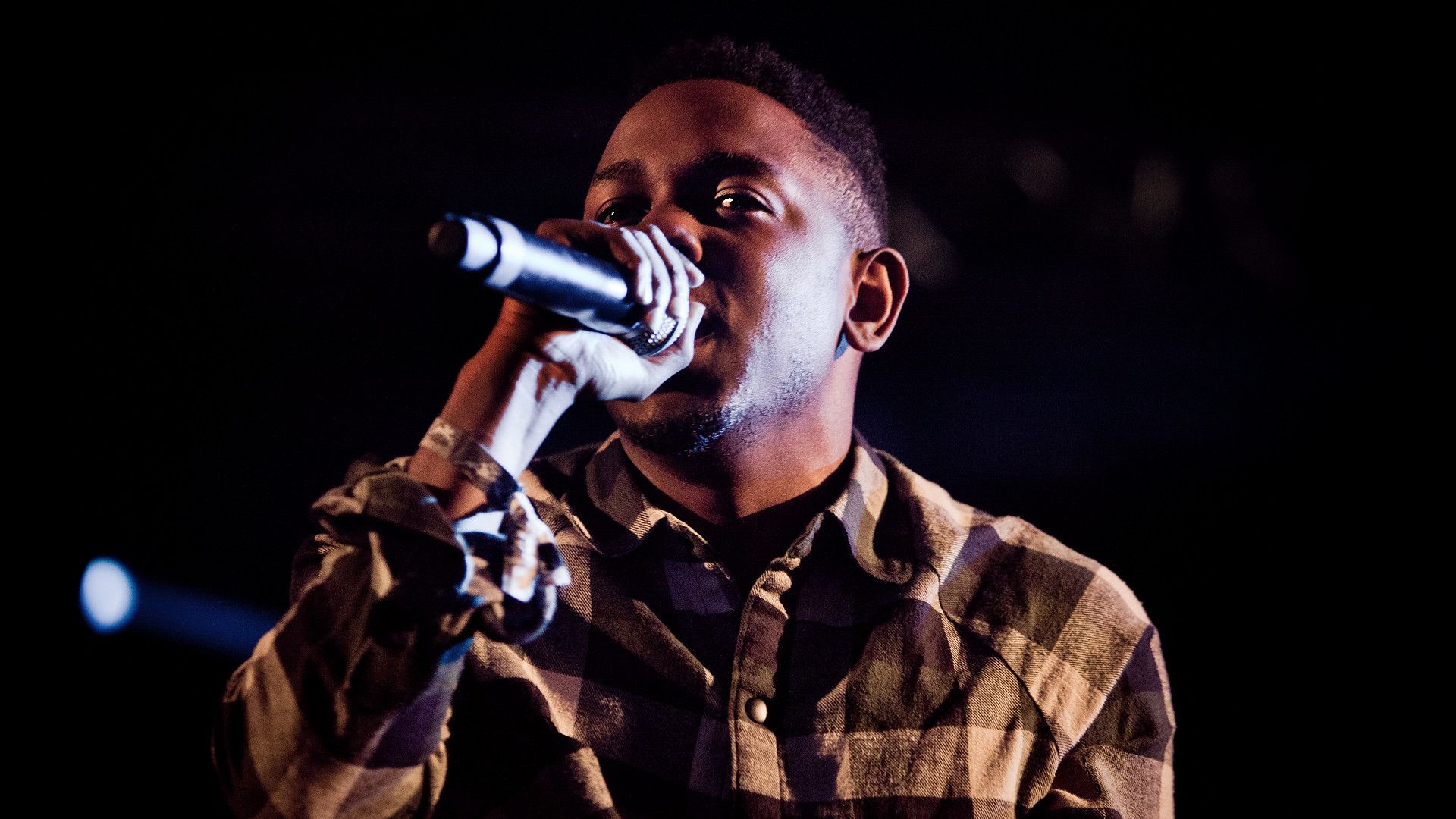
"Kendrick Lamar - Hovefestivalen 2012" by NRK P3 is licensed under CC BY-NC-SA 2.0.
Enhancing Creativity and Experimentation
AI's role in the music industry transcends controversy; it also offers vast potential for enhancing creativity. By analyzing vast amounts of data, AI can generate unique patterns, rhythms, and harmonies which can inspire artists to explore new musical territories. Moreover, AI can facilitate more rapid production processes, allowing artists to experiment with different sounds and styles more freely and efficiently. This capability not only accelerates the creative process but also democratizes music production by providing tools that were once accessible only to those with extensive resources.
Democratizing Music Production
AI technology has the potential to democratize music production by lowering barriers to entry for aspiring musicians. With AI-powered tools, individuals without access to expensive studio equipment or formal music training can compose and produce music. This opens up the music industry to a wider range of artists, fostering diversity and enabling a multitude of voices to be heard. The impact of AI could lead to a more inclusive music landscape, where talent and creativity are the primary criteria for success, rather than financial capacity or industry connections.
The Future of AI in Music
Looking ahead, the integration of AI in the music industry promises a blend of innovation and controversy. As the technology advances, it is likely to become more sophisticated, enabling more nuanced and complex contributions to music production and consumption. However, as AI becomes a standard tool in the artist's kit, ongoing discussions and regulations regarding ethical considerations must also evolve. Balancing creativity with respect for artists' rights will be crucial in harnessing the full potential of AI in music. Ultimately, the future of AI in music will hinge on the industry's ability to navigate these challenges, pushing the boundaries of what's creatively possible while maintaining ethical integrity and respect for artistic ownership.
Concerns and Challenges of AI in Music
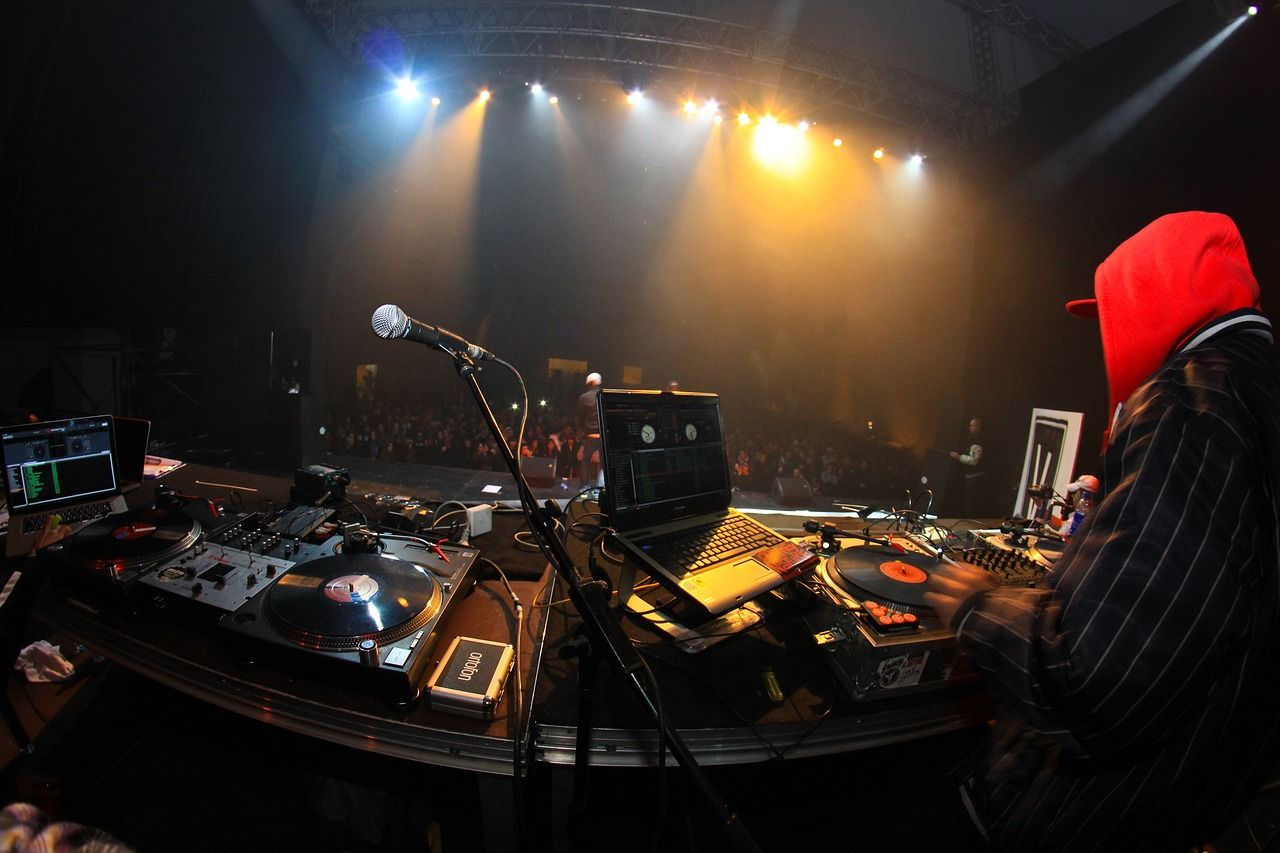
Image by Jorge Jimenez from Pixabay
Authenticity and the Loss of Human Touch
The integration of AI in music, particularly in high-profile incidents like the Kendrick-Drake feud, raises substantial concerns about authenticity and the emotional depth of music. AI, despite its significant advancements, cannot replicate the complex emotional and experiential background that human artists draw from in their creative processes. This shift may lead to music that lacks the nuanced humanity that deeply resonates with listeners. The essence of artistry, rooted in human experience and emotion, risks being diluted when the creative process is handed over to algorithms that lack the capacity to feel or express genuine human emotions.
Copyright Issues and Consent Challenges
The use of AI technologies, such as deepfake vocals, in music creation has opened a pandora's box of copyright concerns and consent issues. Drake's recent controversy involving the unauthorized use of 2Pac’s voice highlights the pitfalls of AI in respecting and upholding the rights of artists. Copyright laws, traditionally designed to protect the intellectual property of creators, are now being challenged by AI's capability to emulate voices and styles with pinpoint accuracy. This not only complicates the legal landscape but also poses moral questions about consent, particularly when using the likenesses of deceased artists who can no longer voice their approval or disapproval.
The Ethical Implications of AI in Legacy and Voice Preservation
The ethical dimensions of using AI in music extend beyond copyright and consent to include further implications for legacy preservation and the potential misuse of artists' voices. The incorporation of AI may offer new opportunities to keep the legacies of past artists alive, presenting them in new contexts and introducing their art to new generations. However, this technology also risks distorting the original intent and integrity of the artists’ work. There's a fine line between homage and exploitation, and AI makes it easier to cross that line under the guise of innovation or artistic exploration. The case of Drake's use of AI-generated voices not only stirred legal backlash but also sparked a debate on the moral grounds of using such technology without clear ethical guidelines.

